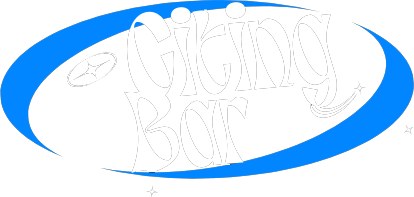Writing about Change
“After death, one transforms into a snake, and after the snake’s demise, it becomes an eagle. Finally, it transforms into water, quietly flowing away.” – Paiwan mythology
“Hakaw Utux means ‘Rainbow Bridge’ in the Truku language, and the word ‘climate’ reminds them of this traditional cultural expression. In Truku culture, the deceased would walk cross the Rainbow Bridge. People living in the mountains of Truku often see rainbows shining over the peaks, making the rainbow an important indicator of climate variation in mountain areas. Seeing a rainbow normally signifies that the weather is about to improve.”
“Writing about Change” presents the works of four Taiwanese artists or art groups who, through prolonged dialogues and discussions at the “Citing Bar”, have developed their responses to the theme of climate change. In contrast to the abstract, immense, and intangible nature of climate in mainstream discourse, the exhibition showcases artists focusing on the nuances and affinity among weather, tides, sensory experiences, metabolism, and more. They attempt to view these changes as subjects of learning and as gateways to unfolding imagination.
The “Tree Tree Tree Person–Taroko Arts Residency Project”, titled Hakaw Utux, explores the daily vocabulary used by Truku elderly women to communicate in both the past and present, which embodied various changes in their lives and environments. In a time where the modern language of “climate” fails to capture indigenous wisdom and beliefs related to nature, Hakaw Utux attempts to construct a sound dictionary about change through learning to recite Truku languages.
WANG Yu-Chen initiated a residency project in summer 2023 with a field research-based artistic practice, exploring Taiwan’s unique mangrove ecosystem, the sea forests, wetlands, and intertidal zones. In this interim result, the focus is on approaching the life of the mangroves and creating a pluralistic sonic space through participatory writing. Through the lens of flow, margins, and relational dynamics, the project aims to experience the concept of “change” in climate change.
During the same period, CHANG Chih-Chung visited the northern border of the Schengen Area and Kirkenes, a town in the far north of Norway bordering Russia and Finland, during a heat wave caused by climate change. Using a pair of Gore-Tex waterproof boots damaged on the journey as a metaphor for the “artificial membrane”, CHANG’s work discusses the coloniality implicit in the pursuit of constant sensory experiences. It attempts to understand the nature of comfort from the inner layer of the membrane in the face of the various changes experienced by the monsoon-influenced body.
Inspired by the Weathering Collective’s publication “A Field Guide for Weathering,” lám-nuā’s recent practices embody the grand narrative of climate change in personal bodily experiences. The sound-guided work Weathering the Citing Bar invites the audience to use their bodies as miniature observation stations for change, connecting the body’s inner sensations and the natural environment while at the same time encouraging reflection on “us” through this connection.
The exhibition “Writing about Change” hopes to highlight the value of non-Western technologies, indigenous knowledge, and relationship-building through these ongoing experiments and practices. It aims to stimulate various actions related to listening, tuning, writing, and unlearning as tangible manifestations of discussions on climate care and justice: the unity of knowledge and action.












